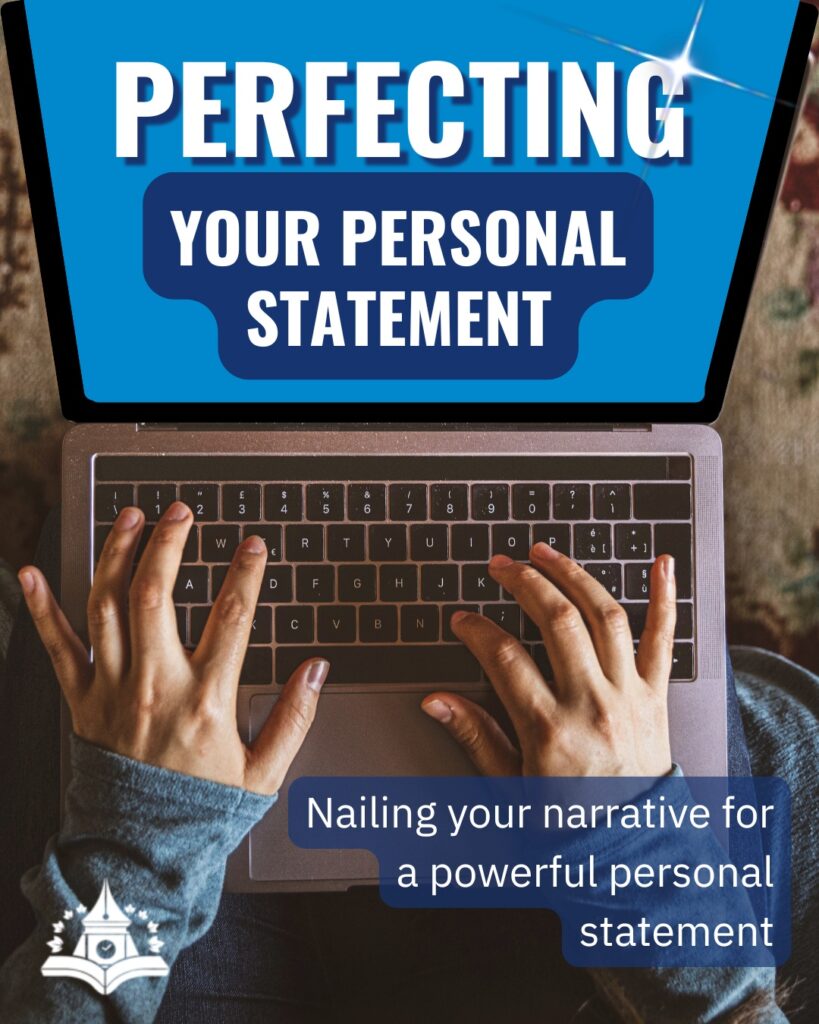The personal statement is the most important part of the college application, and yet many applicants today continue to make mistakes in tone, content, or even topic. The video guide below covers the key components of a perfect essay, the common mistakes in content and style made by applicants, and how to craft a unique narrative.
Visit our Admissions Consulting YouTube Channel
Applying to college has become more competitive than ever. Acceptance rates at top schools have dropped by half or more in the past decade. Even students with perfect grades and test scores are rejected regularly. That reality makes the personal statement one of the most important pieces of your application. It is often the deciding factor that separates admits from rejections.
Why the Personal Statement Matters
Admissions officers evaluate applicants on two main ratings: academic and personal. The academic rating covers grades, test scores, and course rigor. The personal rating covers essays, extracurricular activities, interviews, and recommendation letters. Half of that personal rating comes from your essays. In other words, your personal statement is not just a writing exercise. It directly affects how admissions officers view your potential and your place in the class.
What a Strong Essay Must Do
The best essays are not broad overviews of your life. They are specific, focused stories that reveal something memorable. A strong essay should:
- Offer a slice of life. Focus on one small detail or experience that gives the reader a window into who you are.
- Be unique to you. The goal is to be remembered as the “one-line applicant” who stood out in committee conversations.
- Engage emotionally. Admissions officers read hundreds of essays in a short time. If yours doesn’t move them, they will move on.
- Showcase a distinct perspective. Committees are building a diverse class, not looking for the same profiles repeated.
- Reinforce your overall positioning. The essay should tie into the larger theme of your application, from extracurriculars to recommendations.
Topics to Avoid
Some themes have been written thousands of times and rarely help an applicant. Essays about service trips abroad, the death of a relative, a winning moment in sports, or the immigrant struggle are so common that they no longer stand out. Other traps include summarizing your resume in paragraph form or writing about a social issue without explaining what it reveals about you.

How to Write With Impact
The opening line is critical. You need a hook that grabs attention immediately. This can be a vivid anecdote, a surprising one-liner, or a thought-provoking statement. The tone should be informal and personal, written in the first person, and told as a story rather than a formal essay.
Above all, show rather than tell. Instead of saying you are hardworking, describe the experiences that demonstrate it. Instead of writing that a book changed your life, explain what it meant to you with descriptive detail. Avoid clichés and sweeping generalizations. Originality and specificity win every time.
The Role of Strategic Positioning
Beyond good writing, your essay must align with how you present yourself overall. Strategic positioning is the art of highlighting strengths that set you apart in the applicant pool. Top schools are not looking for well-rounded students; they are building well-rounded classes made up of specialists. The question to ask is: who are you going to be in the incoming class? If your story looks like everyone else’s, you will blend into the background.
For some students, this means shifting focus. For example, a student applying in engineering might strengthen their application by framing their story around conservation work instead of blending in with thousands of robotics essays. Another student may need to highlight intellectual curiosity or contrarian thinking to distinguish themselves from others with similar numbers.
Best Practices to Remember
- Admissions officers are busy and tired. They may only spend a couple of minutes on your essay. Make it engaging.
- The essay is not a resume. Offer new insights beyond what your activities list already shows.
- A strong conclusion ties back to the opening and leaves the reader wanting more.
- Every part of your application should fit a clear theme, from essays to recommendations to extracurriculars.

How We Help Students
At Solomon Admissions Consulting, we work with students one-on-one on every part of the process. This includes:
- Personal statement development, from brainstorming to multiple edits by Ivy League editors
- Strategic positioning to ensure your application stands out
- Guidance on supplemental essays tailored to each school
- Recommendations on how to strengthen extracurricular activities and present them effectively
- Coaching on interviews and recommendation letters
- Advice on financial aid strategy and waitlist considerations
Many of our students report that their essays were remembered and discussed by admissions officers. That is the level of impact you should aim for.
If you’d like help creating a memorable application or essay, contact us today!
(updated and republished in September 2025)

All of our blog posts are written by Former College Admission Officers who serve as members of our admission consultant team.



